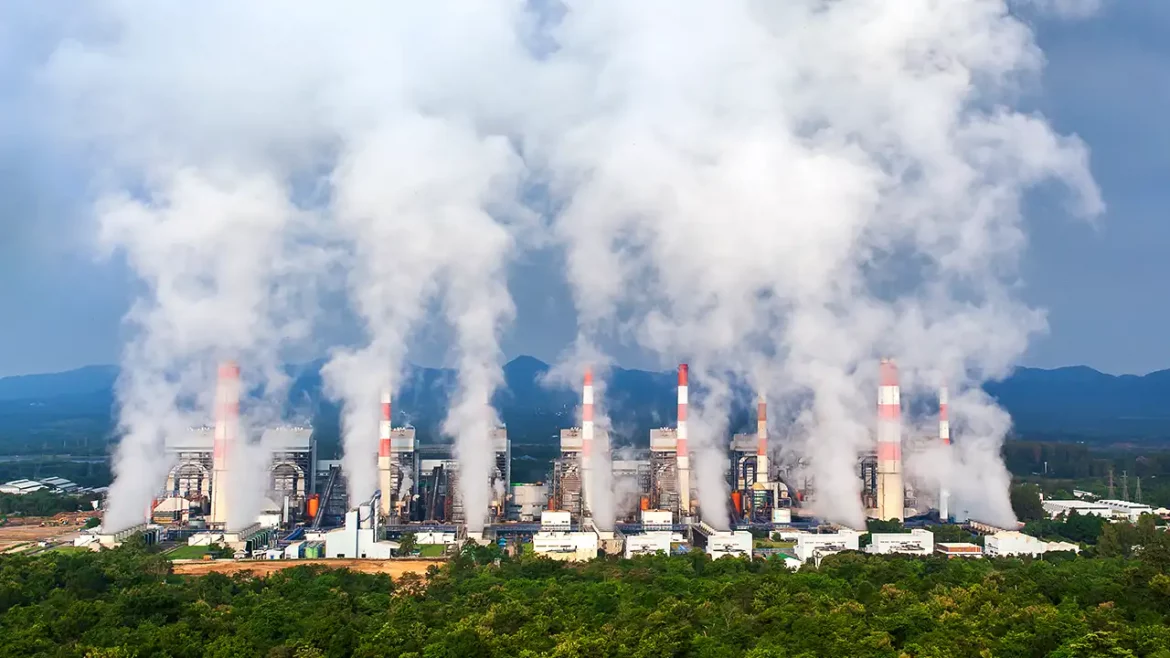The Federal Government says it has commenced activities for the preparation of national reports that outline progress towards emissions reduction targets, the country’s policies, measures, and actions related to climate change.
The reports come under Nigeria’s Second Biennial Transparency Report (BTR2) and the Fourth National Communication (NC4), which will be submitted to the United Nations Framework Convention on Climate Change (UNFCCC). These reports reflect the integration of transparency and national communication requirements.
Nigeria, being a party to the UNFCCC and its Paris Agreement (PA), is obligated under BTR2/NC4 to document the emission of greenhouse gas (GHG) by sources and removal by sinks, mitigation actions, and adaptation impacts as required under the Enhanced Transparency Framework (ETF) of the Paris Agreement.
The Special Presidential Envoy on Climate Change and Director General, National Council on Climate Change Secretariat (NCCCS), Dr Nkiruka Maduekwe, who hosted the Stakeholders’ Technical Working Group (TWG) workshop in collaboration with United Nations Development Programme (UNDP) in Abuja, said that the workshop aims to strengthen collaboration with stakeholders, build capacities on the measurement, captures mitigation actions to meet targets, adaptation impacts and support received/needed.
Maduekwe, who was represented by an Assistant Director with the NCCCS, Dr Chukwuemeka Okebugwu, described BTR2/NC4 as two crucial instruments for tracking climate progress and promoting strong alignment with more efficient data-driven climate action.
Read also: Nigerian government begins work on BTR2/NC4
BTR2 and NC4 include Reporting and Verification (MRV) of specific thematic areas and align sectoral data/information to conform with other reports to the UNFCCC. Also, roles and responsibilities will be assigned to the TWGs for the GHG inventory, mitigation, adaptation and support needed and received, and Other Information/
“Nigeria, having achieved a significant milestone of submitting its First Biennial Transparency Report (BTR1) in December 2024, is in the process of commencing the next reporting cycle of greenhouse gas emission from relevant sectors of the economy and documented in the BTR2 and NC4,” she said.
She explained that the process of preparing this report and communication, gears towards building mutual trust and confidence in a transparent manner that involves stakeholders’ participation and engagement, which overtime establishes a formidable institutional arrangement that allows seamless flow of information and data, for the achievement of quality reporting in Nigeria.
“These reports are crucial for tracking progress towards climate goals, eventually supporting strong alignment with more effective and data-driven climate action.”
Story was adapted from the Guardian.
